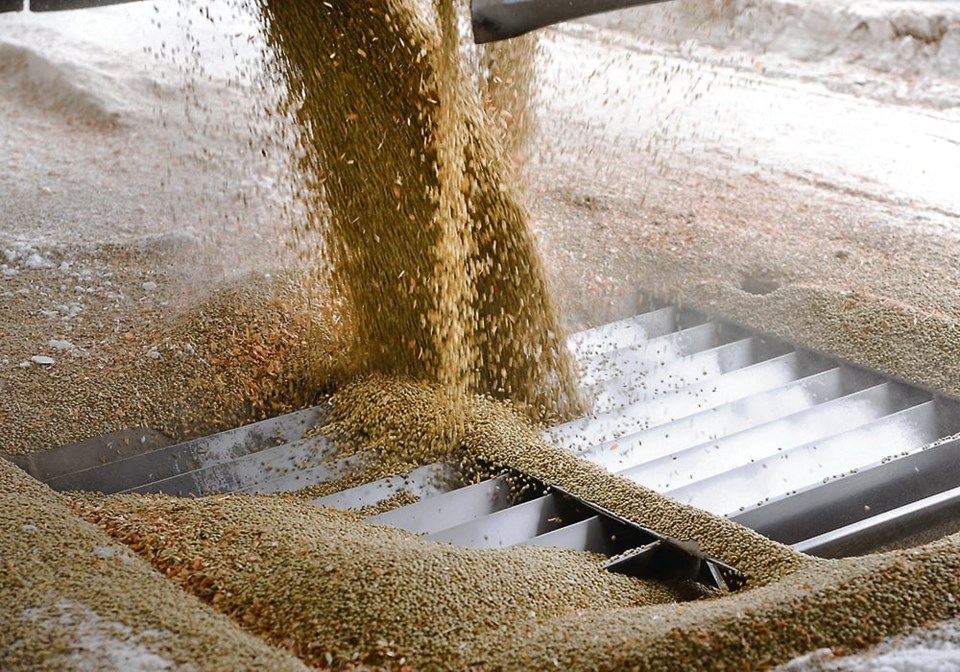WESTERN PRODUCER — Pulse Canada remains “hopeful and optimistic” about lentil trade with India despite political tension between the two countries.
India’s Chamber of Trade and Industry (CTI) recently sent a letter to India’s minister of commerce and industry, Shri Piyush Goyal, urging him to ban the import of lentils from Canada.
The letter was sent in response to Canadian Prime Minister Justin Trudeau revealing in the House of Commons that Canada is investigating “credible allegations” that India’s Hindu nationalist government was involved in the shooting death of Sikh separatist Hardeep Sing Nijjar in a Vancouver suburb.
India has reportedly ordered the expulsion of 41 Canadian diplomats, while Canada has paused talks on the Canada-India Economic Partnership Agreement.
Greg Cherewyk, president of Pulse Canada, said the CTI letter is not worrisome.
“From what we understand, there is no reason to be concerned about a letter coming from that particular group on this particular issue,” he said.
He would be more concerned if the letter was penned by high-profile business chambers like the Confederation of Indian Industry or the Federation of Indian Chambers of Commerce and Industry.
Cherewyk said there are good reasons why India would not want to block imports of Canadian lentils.
“Affordability and availability are still the two things that drive decision-making in India and because of that (they’re) going to rely on imports to augment domestic production,” he said.
Field Commodity Research analyst Chuck Penner agreed.
He pointed out in a recent article he wrote for Saskatchewan Pulse Growers that India’s lentil imports for its 2023-24 crop year, which started in April, have been running at record levels because of a disappointing domestic pulse harvest.
He expects that heightened demand to last through the medium-term or even longer.
“The latest diplomatic tensions might cause problems, but India cannot really afford to restrict pulse imports right now,” said Penner.
Cherewyk also noted that India has state and federal elections happening in late 2023 and early 2024.
“Rising food prices for staple food products like pulses wouldn’t be a particularly positive thing during an election campaign,” he said.
When he was in India in June, he was “madly clipping” headlines from local newspapers about food price inflation and the negative impact of El Nino on production, so it is an issue that is top of mind for policymakers.
“There will be every effort made to ensure that staple food products like pulses remain affordable and available 365 days a year,” said Cherewyk.
It is the reason that India has eliminated the import duty on lentils through the end of March 2024.
He commended the government of India for providing trade policy stability on that front. In the past, the government had taken a short-term, on-and-off approach with the tariff.
A prohibitive tariff and quota remain in place on imported peas. There was some talk at Pulse Canada’s recent annual conference that this might be the year the restrictions are lifted because of India’s short pulse crop.
In the long term, that is almost a certainty. The Indian Institute of Pulse Research expects the country’s pulse demand to reach 35 million tonnes by 2032-33, up from 27 million tonnes in 2021-22.
India’s middle class is going to have more disposable income and that will prompt more pulse consumption because of the country’s large vegetarian population.
Cherewyk said India won’t be able to supply that additional eight million tonnes of pulses on its own, which should create an opportunity for imported peas.
“There are a lot of things that would lead us to believe that India is going to continue to need pulses from Canada,” he said.
“We have a fairly hopeful and optimistic outlook as it relates to marketing pulses to India.”
Bookmark SASKTODAY.ca, Saskatchewan's home page, at this link.



